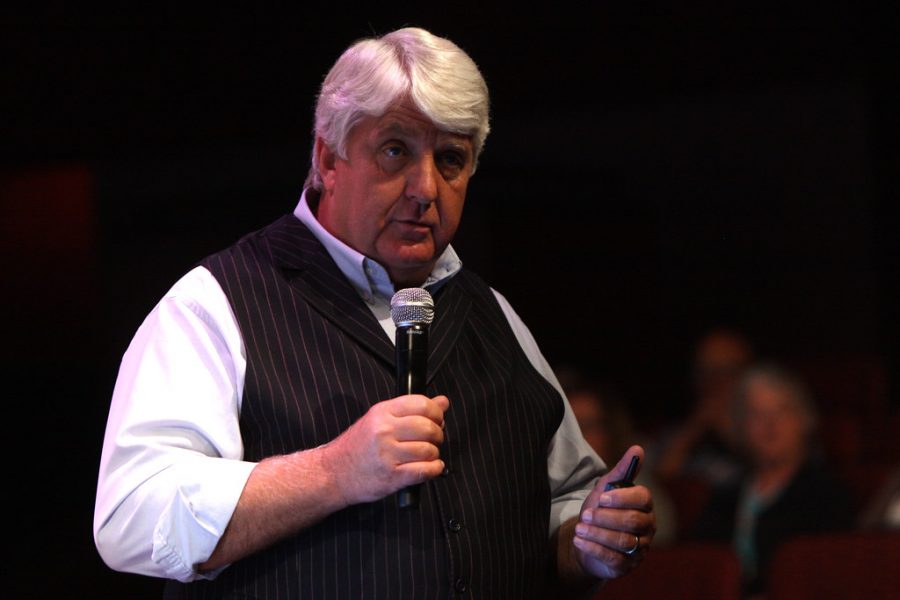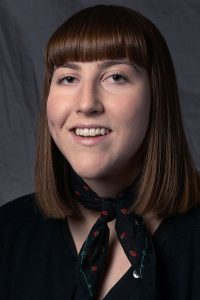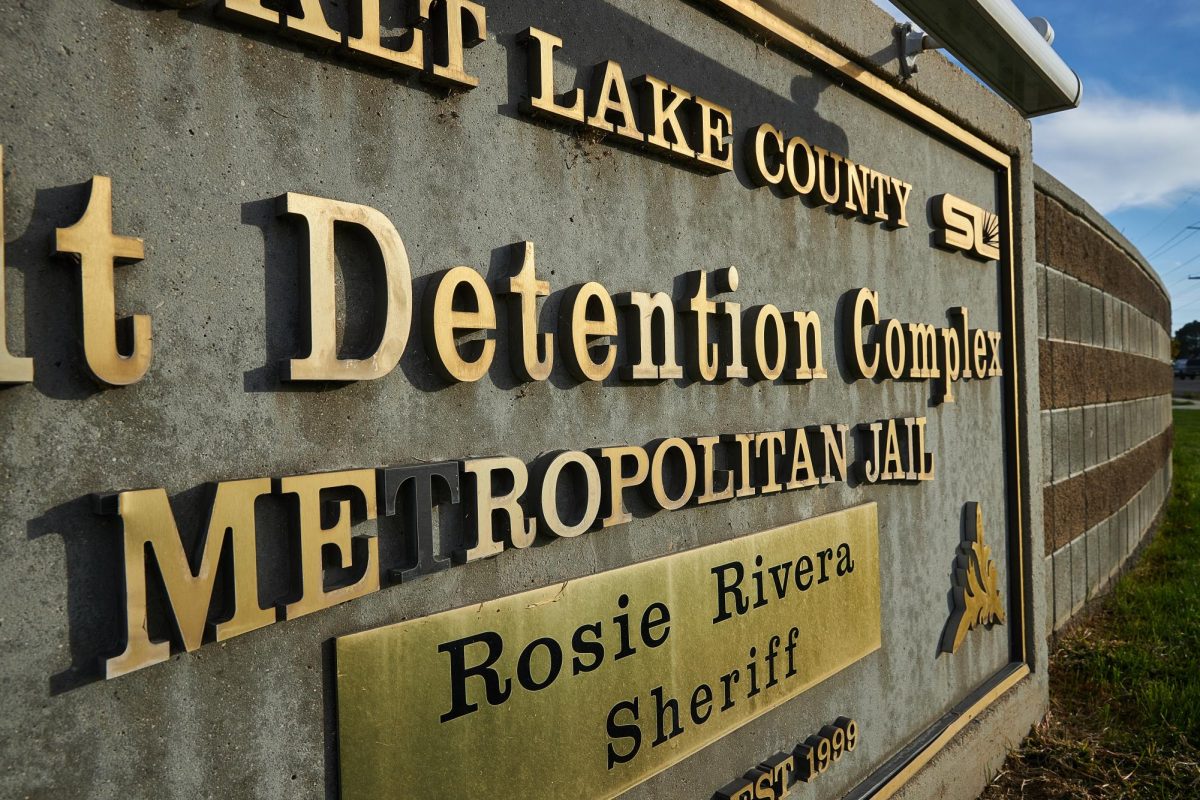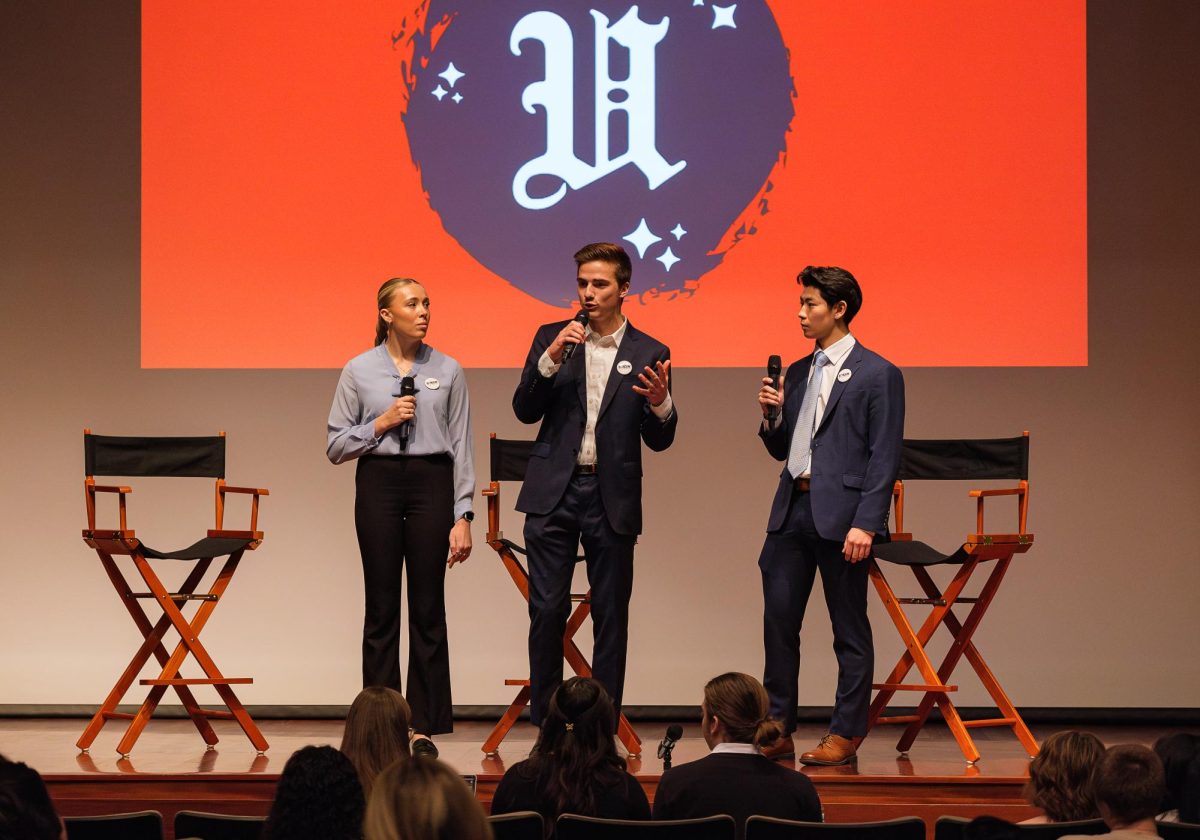Starr: Utah Should Replace Rob Bishop with Darren Parry
March 17, 2020
Congressman Rob Bishop has represented Utah’s 1st Congressional District (CD-1) since 2003, and there is not much to praise from his tenure — especially in the eyes of environmentalists or anyone who identifies as somewhat moderate. The district boundary covers a large area, including the city of Ogden, Brigham City, Logan and Park City, Layton, Clearfield and the northern half of the Great Salt Lake area.
There are a great number of people in this district to represent in D.C., to say the least, and it’s critical that indigenous priorities, concerns and ideas are well voiced and heard when we select our next federal delegation in the 2020 elections. Democracy is stronger with the inclusive engagement of all peoples. If service towards a fuller, more inclusive electorate is a goal, Darren Parry, the current chairman of the Northwestern Band of the Shoshone Nation, is an important CD-1 candidate to support this current election cycle.
The Layout of CD-1
Even though CD-1 is one of the most Republican-leaning districts in the nation, it is safe to say that Bishop has not wholly represented the area. CD-1 deserves a more attentive and middle-of-the-road person to carry forward the serious responsibilities members of Congress hold. Attempted land grabs, performative conservatism and attacks on the Antiquities Act do not serve all the communities of CD-1. It is a breath of fresh air to have candidates like Parry file for candidacy. His recognition of our responsibility as humans to care for the natural world — as our existence depends on it — is significant.
Many forget that the Uintah and Ouray Indian Reservation — the homeland of the Ute Indian Tribe — as well as a large part of the Northwestern Band of the Shoshone Nation, including one of their headquarters in Brigham City, are contained within CD-1. In total, our indigenous neighbors include around 5.2 million people in the United States, and there are over 500 federally recognized tribes, eight of which are in Utah. And yet, not a single one of our Utah representatives in Congress is or ever has been a member of one of our neighboring tribes. CD-1 deserves a representative who is considerate of “many other perspectives, traditions and experiences,” which is exactly what Darren Parry champions. He announced his candidacy in late February, joining a large field of Republicans and Democrats.
Representation Matters
The first two Native American women were elected to Congress in 2018. While each recognized tribe and indigenous communities have its own diverse, complex history and needs, it is important to recognize and encourage further representation in Congress of the first peoples on this pocketed land. One of those recently elected women, Congresswomen Haaland of New Mexico, a 35th generation New Mexican, stated after securing a seat at the table in Washington, “I never imagined a world where I would be represented by someone who looks like me.” Seeing people who look like you and who have lived close to what your experiences have been and who understand your communities’ varied needs and history is essential for good policymaking and advocacy.
While tribes are sovereign and are supposed to experience a “government to government” relationship with the United States, Native Americans and Alaskan Natives are citizens of the United States and are warranted federal benefits and resources. It is imperative that tribal representation grows locally and in D.C. A seat at the table and systemic representation is crucial. The next member of Congress for CD-1 must have a thorough understanding of the history and current needs of all within the boundaries in order to be an effective representative. Parry is not only well qualified for this position, but is ready to encourage wider acceptance and bridge building, which is exactly what Utah needs in our current political landscape.









Linkin Wren McMorley • May 12, 2020 at 2:00 am
People who wish to know more about what Darren stands for, head to his website, while I personally do doubt whether we’ll see more lasting change and proper representation in congress I do wish to lay my faith in a man who appears to have built his life around service to his community and responsible and respectful education of his fellow Americans. While experience doesn’t mean everything in a politician if experience is what you seek I don’t think Darren is lacking in that, his self built career and long list of experience shows that he has involvement in his community and will be involved in what affects ours. Tokenism isn’t what wins elections, it’s responsible, realistic, and active policy and that is what he is running on, he is running for an America for all Americans. I am just an independent living in a rural county wanting a better man to represent me in congress, somebody who inspires faith in our government, not skepticism, I hope to vote for him in November
Debbie Hall • Mar 21, 2020 at 1:02 am
I do not know him personally, but I know his family and I know he is the best man for this huge job. I believe he will take the role of our representative seriously He will listen to us and keep an open dialogue with all of us. I want my opinions taken seriously and I totally believe he is the greatest choice for all Utahns.
Darren Parry • Mar 17, 2020 at 10:26 pm
Thank you for the wonderful article. I am making it official tomorrow morning at 10am in the Lt Gov office Here we go!
Melanie • Mar 17, 2020 at 11:51 am
He may be exactly what we want and need, but you didn’t convince me in this article. The only thing I gleaned from this is “identity” politics going on. I need to know where he stands on 2A and abortion, for example. Does he support an open border or a closed one? The issues define the man, not his skin color or heritage.